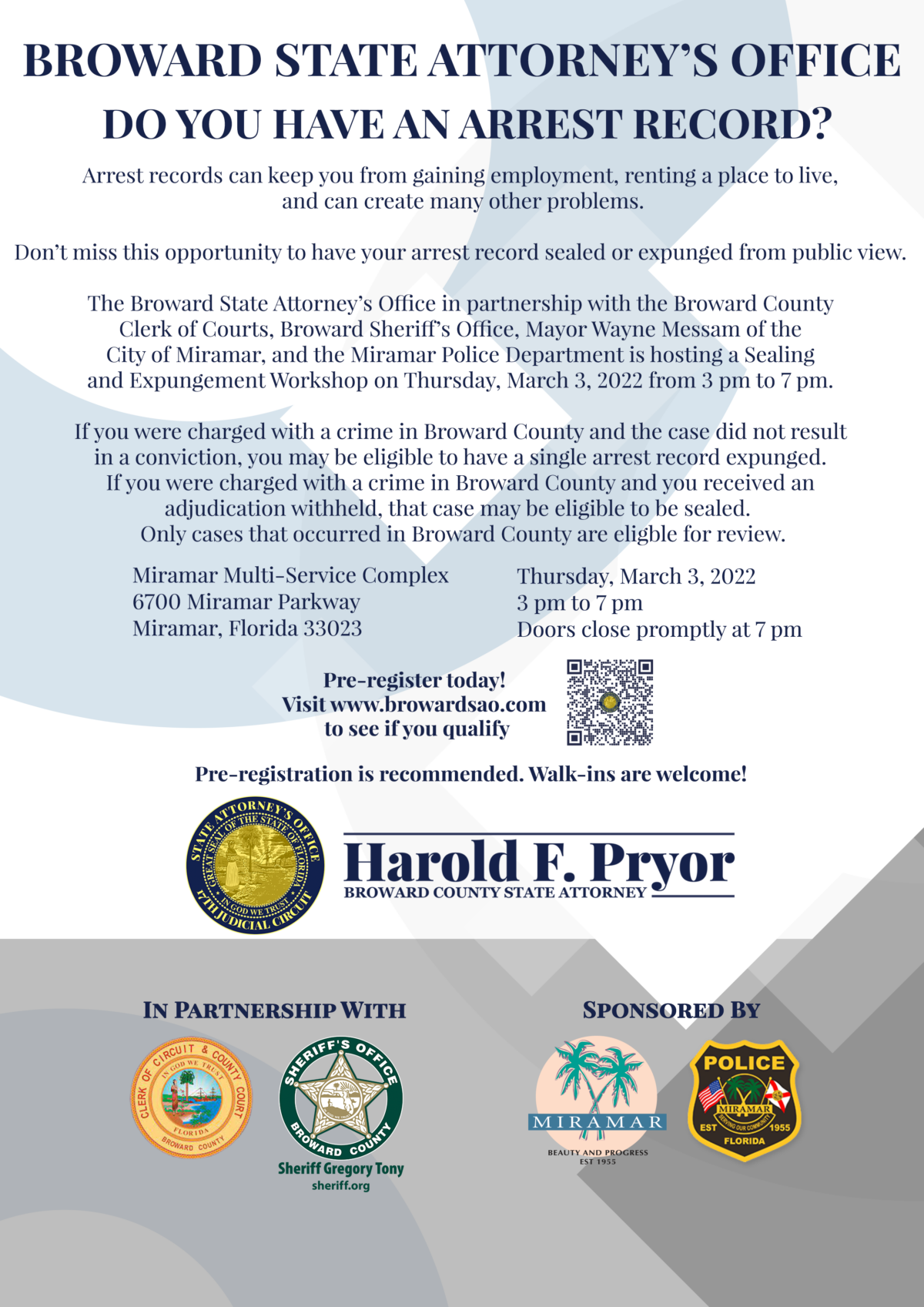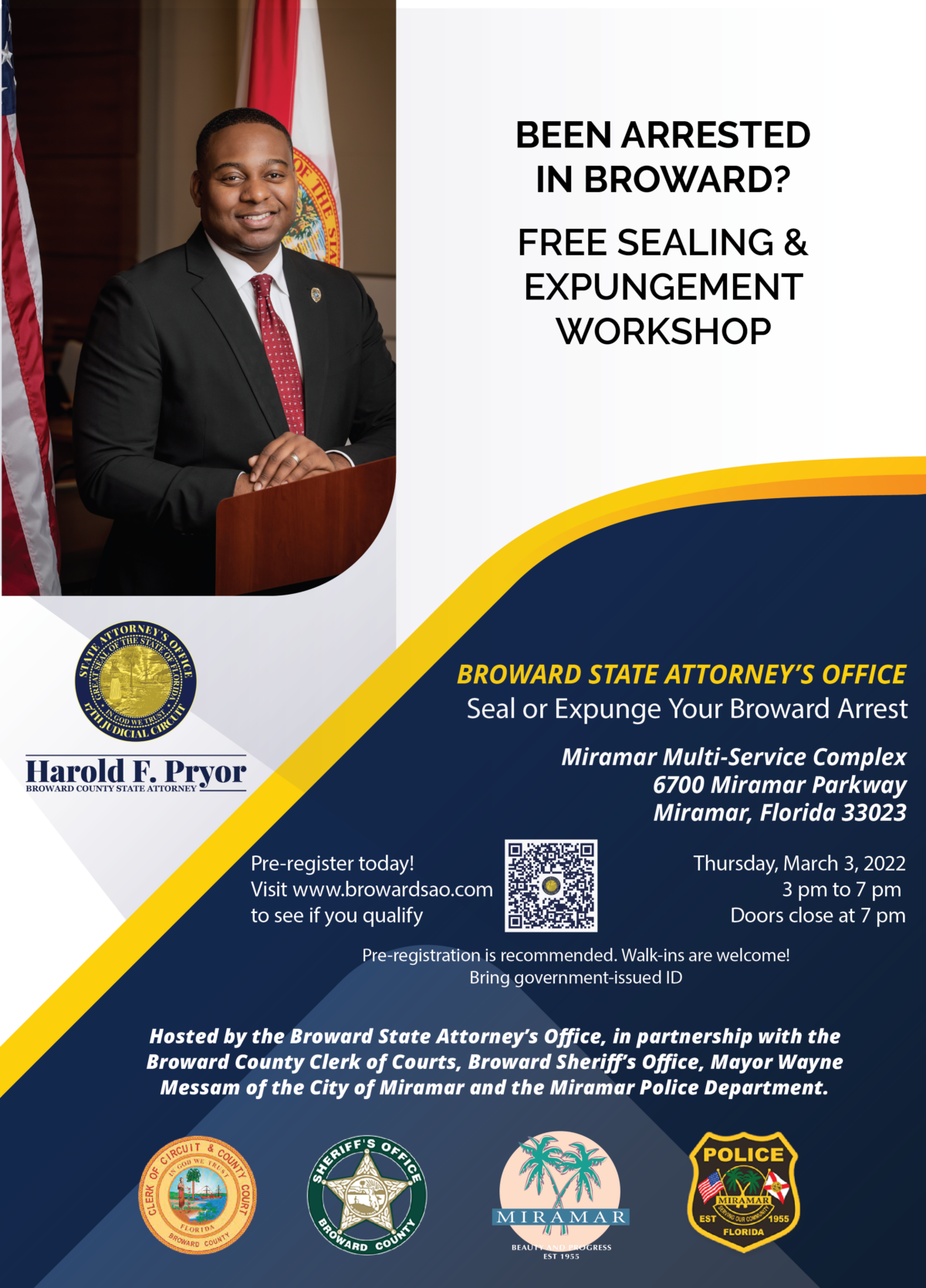Broward County Records: Your Ultimate Guide To Public Data And Beyond
Ever wondered how Broward County keeps track of everything from property deeds to marriage licenses? Well, buckle up because we’re diving deep into the world of Broward County Records. Whether you're a curious resident, a researcher, or someone looking for specific information, this article’s got you covered. From the basics to the nitty-gritty details, we’ll explore everything you need to know about accessing and understanding these records.
Let’s face it, Broward County is more than just beaches and sunshine. It’s a hub of activity where every transaction, every legal document, and every official record has a place. These Broward County Records aren’t just files sitting in some dusty archive; they’re living documents that tell the story of the community. So, why should you care? Because knowing how to access them can save you time, money, and a whole lot of headaches.
Before we dive deeper, let me give you a heads-up: this isn’t your average article. We’re going to break it down step by step, with real-life examples, insider tips, and even a few fun facts. By the end of this, you’ll be a pro at navigating Broward County Records, and who knows? You might even impress your friends with your newfound knowledge.
Read also:Orange County Arrest Records Orlando Fl Your Ultimate Guide To Accessing Public Records
What Are Broward County Records Anyway?
Alright, let’s start with the basics. Broward County Records are essentially the official documents and data maintained by the government of Broward County. Think of them as the backbone of the county’s operations. These records include everything from birth certificates and marriage licenses to property deeds and court filings. They’re like a giant puzzle that helps keep things running smoothly.
But here’s the kicker: these records aren’t just for government use. They’re public records, meaning anyone can access them (within reason, of course). Whether you’re checking on a property you’re interested in buying or researching your family history, Broward County Records have got your back.
Now, you might be wondering, why are these records important? Well, they’re crucial for transparency, accountability, and even personal purposes. For instance, if you’re involved in a legal dispute, having access to accurate records can make all the difference. Plus, they’re a goldmine for journalists, historians, and anyone else digging for information.
Types of Broward County Records
Not all records are created equal. In Broward County, you’ll find a wide variety of records, each serving a different purpose. Here’s a quick rundown:
- Property Records: These include deeds, mortgages, and other documents related to real estate transactions.
- Marriage and Divorce Records: Need proof of marriage or divorce? These records have got you covered.
- Birth and Death Certificates: Essential for legal and personal reasons.
- Court Records: From civil cases to criminal trials, these records document the legal proceedings in Broward County.
- Business Licenses: If you’re starting a business or checking on a company’s legitimacy, these records are invaluable.
See what I mean? There’s something for everyone in Broward County Records. And the best part? Most of these records are available online, making it easier than ever to access them.
How to Access Broward County Records
So, you’re ready to dive into the world of Broward County Records. But where do you start? The good news is, accessing these records has never been easier. Whether you prefer the convenience of online searches or the old-school charm of visiting an office in person, there are plenty of options available.
Read also:Hidden Treasures Marketplace The Ultimate Guide To Unveiling Secret Gems
Let’s start with the online route. The Broward County Clerk of Courts website is your one-stop shop for most records. From property deeds to marriage licenses, you can search, view, and even download many documents right from your computer. All you need is a few details, like a name or address, and you’re good to go.
But what if you’re the type who prefers a more hands-on approach? No problem. You can visit the Clerk’s office in Fort Lauderdale, where friendly staff are ready to help you navigate the records. Just be prepared to bring some ID and maybe a little patience, especially during busy times.
Steps to Search Online
If you’re opting for the digital route, here’s a step-by-step guide to help you out:
- Head over to the Broward County Clerk of Courts website.
- Choose the type of record you’re looking for (property, marriage, etc.).
- Enter the necessary details, like a name or address.
- Review the results and download any documents you need.
It’s that simple. And if you run into any issues, don’t hesitate to reach out to the Clerk’s office for assistance. They’re there to help, and trust me, they’ve seen it all.
Understanding the Importance of Broward County Records
Now that you know how to access Broward County Records, let’s talk about why they matter. These records aren’t just pieces of paper or digital files; they’re tools that empower individuals and communities. For starters, they provide transparency and accountability in government operations. When you can easily access public records, it holds officials accountable and ensures that everything is above board.
But the benefits don’t stop there. For individuals, Broward County Records can be a lifesaver. Imagine you’re buying a house and want to make sure there are no liens on the property. Or maybe you’re researching your family tree and need a birth certificate from decades ago. These records make it possible to get the information you need quickly and reliably.
And let’s not forget the business side of things. Entrepreneurs and investors rely on Broward County Records to make informed decisions. Whether you’re checking on a company’s financial health or verifying a property’s ownership, these records are indispensable.
Legal Implications of Broward County Records
When it comes to legal matters, Broward County Records play a crucial role. They serve as official documentation in court cases, disputes, and even criminal investigations. For example, if you’re involved in a property dispute, having access to accurate records can make or break your case.
But it’s not just about resolving conflicts. These records also help prevent them in the first place. By maintaining clear and accessible records, Broward County ensures that everyone is on the same page. It’s like having a referee in the game of life, making sure everyone plays fair.
Common Challenges in Accessing Broward County Records
While Broward County Records are generally easy to access, there are a few challenges you might encounter along the way. One of the most common issues is incomplete or outdated information. Records from decades ago might not be as accurate or detailed as newer ones, which can make things tricky if you’re researching older data.
Another challenge is knowing exactly where to look. With so many different types of records, it can be overwhelming to figure out which office or database has the information you need. That’s why it’s always a good idea to start with the Clerk of Courts website or give them a call if you’re unsure.
And let’s not forget about fees. While many records are free to access, some require a small fee for copies or certifications. It’s always a good idea to check beforehand so you’re not caught off guard.
Tips for Overcoming Challenges
Don’t let these challenges discourage you. Here are a few tips to help you navigate the world of Broward County Records:
- Start with the most recent records, as they’re more likely to be accurate.
- Use multiple search terms if you’re having trouble finding what you need.
- Don’t hesitate to ask for help from the Clerk’s office staff.
With a little persistence and the right approach, you’ll be able to find the information you’re looking for in no time.
Data Security and Privacy in Broward County Records
In today’s digital age, data security and privacy are more important than ever. Broward County takes these issues seriously, implementing measures to protect sensitive information while still maintaining public access. For instance, certain records, like social security numbers, are redacted to prevent identity theft.
But it’s not just about protecting personal information. The county also ensures that records are stored securely, both physically and digitally. This means you can trust that the information you’re accessing is accurate and up-to-date.
Of course, it’s always a good idea to exercise caution when accessing sensitive records. If you’re viewing them online, make sure you’re on a secure connection. And if you’re downloading documents, keep them in a safe place where unauthorized users can’t access them.
How to Protect Your Personal Information
If you’re accessing Broward County Records that contain personal information, here are a few tips to keep your data safe:
- Use strong passwords and enable two-factor authentication when accessing online accounts.
- Be cautious about sharing sensitive information, even with trusted individuals.
- Regularly monitor your credit reports for any suspicious activity.
By taking these precautions, you can enjoy the benefits of Broward County Records without worrying about potential risks.
Future Trends in Broward County Records
As technology continues to evolve, so does the way we access and manage public records. Broward County is no exception, with plans to enhance digital accessibility and improve user experience. Imagine being able to search for records using voice commands or even virtual reality. It’s not science fiction; it’s the future of public records.
But it’s not just about fancy gadgets. The county is also focusing on making records more user-friendly, with intuitive interfaces and streamlined processes. This means less time spent searching and more time getting the information you need.
And let’s not forget about sustainability. By digitizing more records, Broward County is reducing its carbon footprint and promoting environmental responsibility. It’s a win-win for everyone involved.
What to Expect in the Coming Years
Looking ahead, here are a few trends to watch for in Broward County Records:
- Increased use of AI and machine learning to improve search capabilities.
- More mobile-friendly platforms for accessing records on the go.
- Enhanced security measures to protect sensitive information.
It’s an exciting time for public records, and Broward County is leading the charge. Stay tuned for what’s coming next!
Conclusion: Why Broward County Records Matter to You
There you have it, folks. Broward County Records are more than just files and documents; they’re tools that empower individuals, businesses, and communities. Whether you’re buying a house, researching your family history, or resolving a legal dispute, these records have got you covered.
So, what’s next? If you found this article helpful, don’t forget to share it with your friends and family. And if you have any questions or comments, drop them below. We’d love to hear from you. Who knows? You might even inspire the next big update to Broward County Records.
Remember, knowledge is power, and with Broward County Records at your fingertips, you’re in a great position to make informed decisions. So go ahead, explore, and discover the world of public records. You won’t regret it.
Table of Contents
- What Are Broward County Records Anyway?
- Types of Broward County Records
- How to Access Broward County Records
- Steps to Search Online
- Understanding the Importance of Broward County Records
- Legal Implications of Broward County Records
- Common Challenges in Accessing Broward County Records
- Tips for Overcoming Challenges
- Data Security and Privacy in Broward County Records
- How to Protect Your Personal Information
- Future Trends in Broward County Records
- What to Expect in the Coming Years


